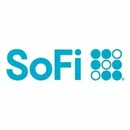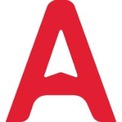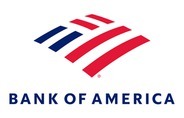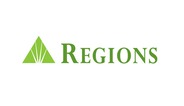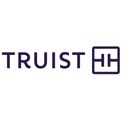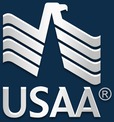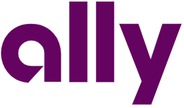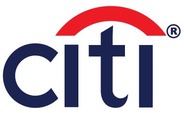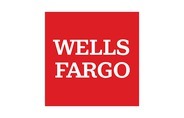- Opening deposit required
- $0
- Overdraft fee
- No
- In-person branches
- No
Ally Bank is widely regarded as one of the best banks for low fees. As an online-only bank, it doesn’t charge monthly fees for its checking or savings accounts. It also offers a number of other money-saving services, such as free checks, free overdrafts and reimbursements for non-network ATM fees.
In addition to low fees, Ally Bank is known for its competitive interest rates on both checking and savings accounts. This allows customers to earn money on their deposits, rather than simply avoid fees.
In addition to checking and savings accounts, it also offers high-yield certificates of deposit (CDs), money market accounts, credit cards and loans. While you won’t find a ton of account options with Ally (it only offers one checking and one savings account), it focuses on quality over quantity. Its low fees and competitive rates make it a popular choice.
Ally Bank offers some serious benefits to its clients, including:
- No monthly fees or overdraft fees
- Competitive interest rates
- Non-network ATM fee reimbursements
Some potential customers might be disappointed that Ally Bank has:
- No physical branches
- Limited account options
- No cash deposits
A number of ConsumerAffairs readers have praised Ally Bank for its competitive interest rates and helpful customer service.
Marcia from Denver had this to say: “Ally has always been responsive to my questions, either online or via phone. They make me feel confident in banking with them and using new transaction practices. Their rates are competitive with other large banks, and I would recommend Ally's services.”
Other customers noted that they like Ally Bank’s lack of fees and its convenient mobile banking app. That said, we’ve also received negative reviews of Ally Bank, including complaints about frozen accounts and long wait times for customer service.


